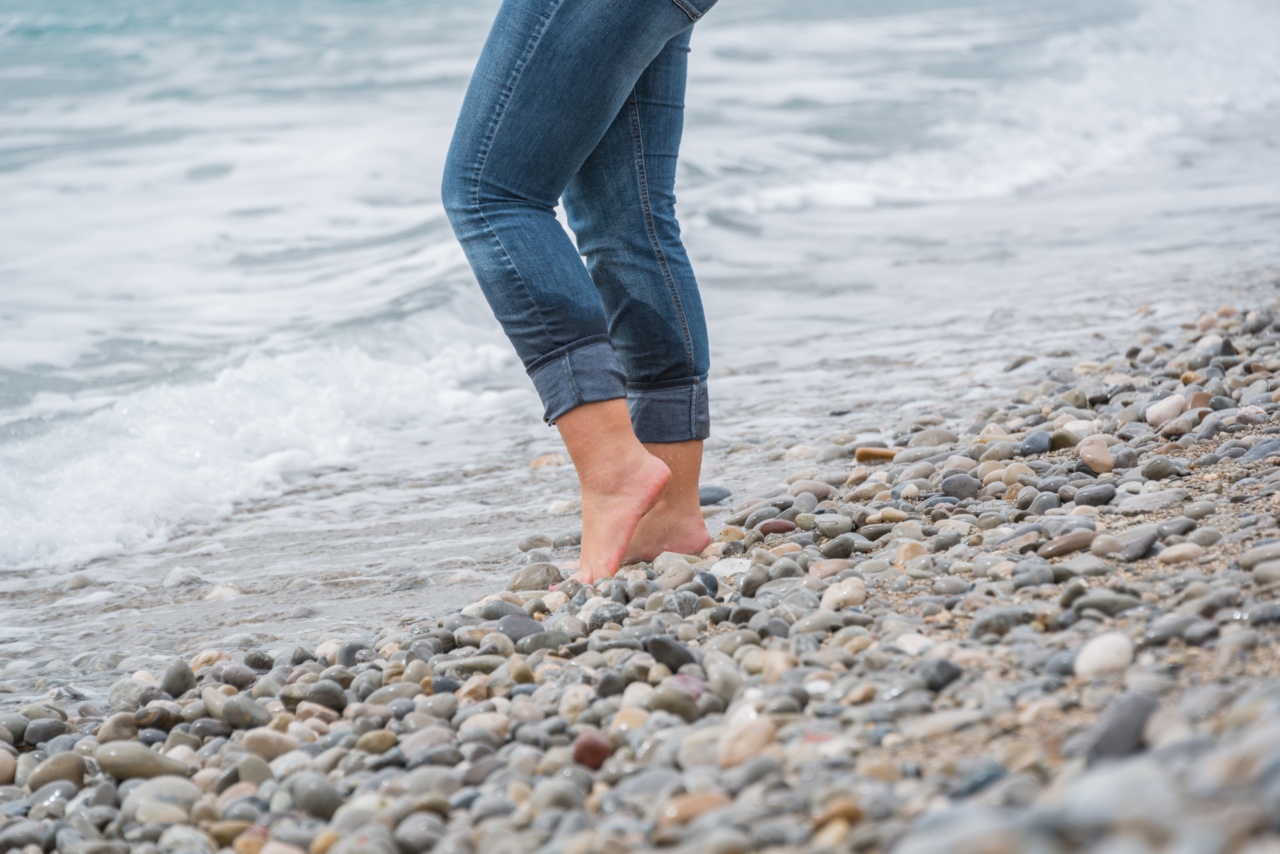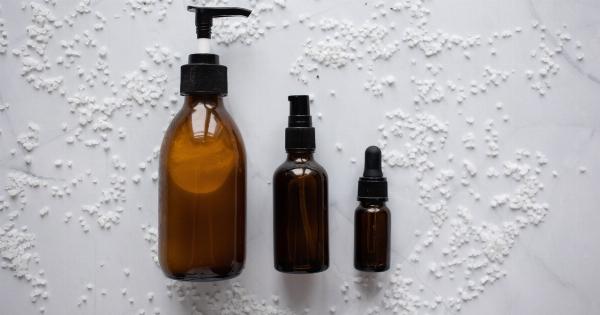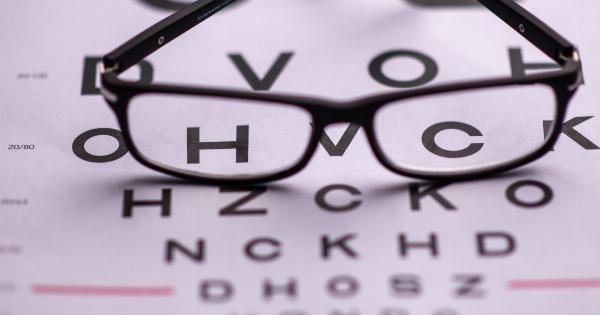Water retention, also known as edema, is a condition in which excess fluid builds up in the tissues of the body. This can result in swelling, particularly in the legs, ankles, and feet.
While it may be a temporary inconvenience, prolonged water retention can lead to serious health problems such as kidney disease or heart failure. Proper management of water retention is therefore crucial. In this article, we will discuss some effective ways of managing water retention and swollen legs.
Identifying the Causes of Water Retention
Before we delve into the ways of managing water retention, it is important to understand its causes. Some common causes of edema include:.
- Heart disease or heart failure
- Kidney disease
- Liver disease
- Pregnancy
- Prolonged sitting or standing
- Obesity
If you are experiencing water retention, it is important to identify the underlying cause, as this will help determine the most effective treatment for you.
Reducing Sodium Intake
Sodium is an essential mineral that plays an important role in maintaining fluid balance in the body. However, excessive consumption of sodium can lead to water retention. This is because sodium attracts and holds onto water in the body.
Therefore, reducing your sodium intake can help alleviate water retention.
Most people consume more sodium than they actually need. The recommended daily intake of sodium is no more than 2,300 milligrams, but ideally, you should aim to consume less than 1,500 milligrams per day. Some tips for reducing sodium intake include:.
- Avoiding processed foods, which are often high in sodium
- Limiting your intake of salty snacks like chips and pretzels
- Choosing fresh or frozen vegetables instead of canned ones, which are usually high in sodium
- Using herbs and spices to season your food instead of salt
- Reading food labels to check the sodium content of packaged foods
Increase Water Intake
It may seem counterintuitive, but increasing your water intake can actually help alleviate water retention. When you don’t drink enough water, your body holds onto the fluid it has in order to prevent dehydration.
This can lead to water retention because the excess fluid has nowhere to go. By increasing your water intake, you can help flush out excess fluid from your body.
Aim to drink at least eight glasses of water per day, and more if you are physically active or live in a hot climate. If you are not used to drinking a lot of water, you can gradually increase your intake over time.
Exercise Regularly
Regular exercise can help improve circulation and prevent swelling in the legs, ankles, and feet. It can also help your body flush out excess fluid.
Aim for at least 30 minutes of moderate-intensity exercise, such as brisk walking or cycling, on most days of the week. If you have a medical condition that prevents you from doing certain types of exercise, talk to your doctor about alternative ways to stay active.
Elevate Your Legs
If you experience swelling in your legs, elevating them can help improve circulation and reduce swelling. Lie down and prop your legs up on a pillow or cushion for at least 30 minutes per day.
You can also try elevating your legs while sitting by using a footrest or stool.
Massage Your Legs
Massage can help improve circulation and reduce swelling in the legs. Using gentle, circular motions, massage your legs from your feet up towards your thighs. You can also use a foam roller or massage ball to target specific areas of your legs.
If you experience any pain during the massage, stop immediately.
Wear Compression Stockings
Compression stockings are tight-fitting socks or stockings that apply pressure to the legs, which can help improve circulation and reduce swelling.
They are especially effective if you experience swelling in your legs due to prolonged sitting or standing. Compression stockings can be purchased at most drug stores or online, and should be worn during the day.
Reduce Alcohol and Caffeine Intake
Alcohol and caffeine can both contribute to water retention by affecting kidney function. Alcohol is a diuretic, which means it increases urine production. However, it can also dehydrate you and lead to a buildup of fluid in the body.
Caffeine can also increase urine production, but not to the same extent as alcohol. However, consuming excessive amounts of caffeine can lead to dehydration, which can contribute to water retention. Therefore, it is important to moderate your intake of both alcohol and caffeine.
Manage Underlying Medical Conditions
If your water retention is due to an underlying medical condition, such as heart disease or kidney disease, it is important to manage that condition as well.
This may include taking medications prescribed by your doctor, following a specific diet, or making other lifestyle changes. It is important to work closely with your healthcare provider to manage any underlying medical conditions that may be contributing to your water retention.
Conclusion
Water retention can be an uncomfortable and sometimes serious condition, but it can be managed with the right approach.
By reducing your sodium intake, drinking plenty of water, exercising regularly, elevating your legs, massaging your legs, wearing compression stockings, moderating your alcohol and caffeine intake, and managing any underlying medical conditions, you can help alleviate water retention and prevent further swelling.






























